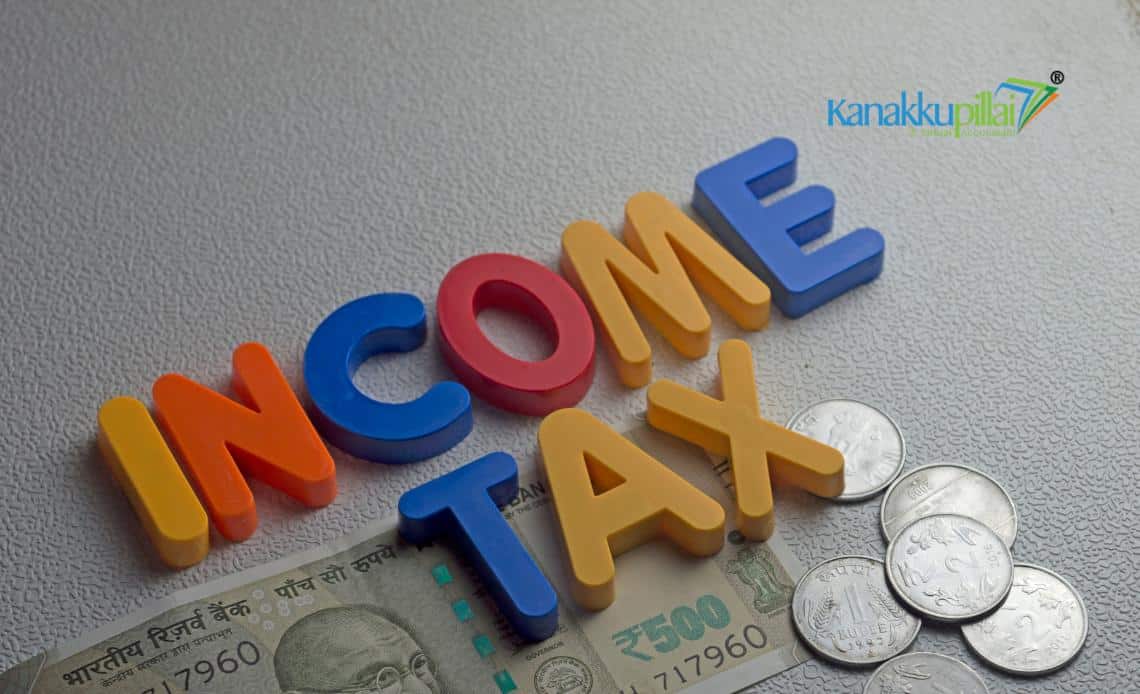Every taxpayer has a basic duty to file their Income Tax Return. It secures compliance with tax regulations and boosts national revenues. Sometimes, though, life gets in the way, and you might miss the ITR filing due. Avoid panic should you find yourself in a situation where you have missed this deadline. This blog will lead you through the procedures involved in filing your income tax return after the due date, the penalty involved, and the late filing results.
What happens should the ITR filing due date is missed?
Missing the ITR filing due date could cause various financial problems. Knowing these consequences is crucial for making wise judgements on your tax obligations.
Interest under Section 234A:
Late filing causes interest charges, one of the first repercussions under Section 234A. Should you neglect to submit your return by the due date, unpaid tax amounts will be subject to interest. From the due date to the day of actual filing, this interest is computed at 1% monthly or part of a month. This implies that you will accrue more interest by delaying, thereby raising your overall tax obligation.
As mentioned above, interest under section 234A covers any overdue tax amount. The simple computation involved here:
- 1% monthly on the unpaid tax amount.
- This interest is computed every month or every half-month from the due date until the date of filing.
Late Filing Fee under Section 234F:
Apart from the interest, Section 234F calls for a late filing charge. Your overall income determines the amount of this charge:
- 5,000, should your overall income be more than Rs. 5 lakh.
- 1,000 If your total income is below Rs. 5 lakh.
This charge applies whether you owe taxes or qualify for a refund. To thus prevent paying this penalty, it is imperative to file your return even if you are not due to pay any tax.
Loss Carry Forward Restraints:
Another major outcome of missing the ITR filing date is not being able to carry over certain losses for future adjustments. If you miss deadlines for filing your return, you will not be permitted to carry over losses from capital gains or business losses into the next assessment year. This can restrict your capacity to balance future income against current losses, therefore raising your future tax burden.
How may I file an ITR after the Due Date?
Should you need to submit your ITR after the due date, you can do so by completing a belated return under Section 139 (4). Here’s how one may navigate this process:
Methodical Approach:
- Gather necessary documents: Before you begin the filing process, be sure you have all the required documentation, including Form 16, bank statements, and specifics of any deductions you intend to claim.
- Choose the correct form: Choose the correct income tax return form based on your sources of income. Whether you are a company owner, a salaried person, or have additional sources of income, the forms will be affected.
- Navigate the portal: You can log on to your account by visiting the official Income Tax Department website. If you don’t have an account, you will have to register.
- Complete the ITR Form here: Finish the income tax return form accurately. Make sure all the material is accurate to prevent problems down the road.
- Submit the return: Once you have finished the form, electronically send the return. You should save the acknowledgment number you get for your records.
- E-Validate Your Return: After filing your income tax return, you must digitally validate it. You can transmit a signed physical copy of the ITR-V to the Centralised Processing Centre using net banking or an Aadhaar one-time password.
Revised Return vs. Belated Return
It is essential to differentiate a revised return from a belated return since both have distinct purposes:
- Revised Return: If you find errors or omissions in your initial return, you may file an amended return under Section 139(5). This is the case if you later find mistakes after filing your first return promptly. December 31, 2025, is also the final day for submitting a revised return for the fiscal years 2024–25.
- Belated Return: You file a delayed return when you miss the initial due date. Submitted under Section 139(4), this return is liable to penalties and interest, as already mentioned.
- Updated Return: Two years after the end of the relevant assessment year, one can also file an updated return. This option lets you fix any errors or omissions in your earlier filed return if done within the specified period. Nonetheless, certain circumstances apply; therefore, it is vital to guarantee adherence to the guidelines controlling updated returns.
Advanced Tax Payment Due Dates
Should you be liable for advance taxes, you should know the due dates to help prevent fines. The FY 2024–25 advance tax payment schedule is as follows:
- June 15, 2025: Fifteen percent of the total tax due
- September 15, 2025: forty-five percent of the whole tax obligation
- December 15, 2025: seventy-five percent of the whole tax obligation
- March 15, 2025: 100% of the whole tax obligation
Making sure advance tax is paid on time can help you stay free from extra interest and penalties.
Conclusion
Filing your Income Tax Return after the due date can be difficult, but knowing the process and its effects can make it doable. Moving quickly to file a belated return to minimise fines and interest is important. Remember, the last date for making a belated financial year 2024-25 report is December 31, 2025.
Keeping knowledge of the guidelines for income tax return filing will help you avoid late submission risks and guarantee tax law compliance. Should you find yourself in a position where you must file after the due date, follow the described procedures and do not hesitate to consult a professional if necessary. Not only is timely filing a legal requirement, but it is also vital for good financial management.





